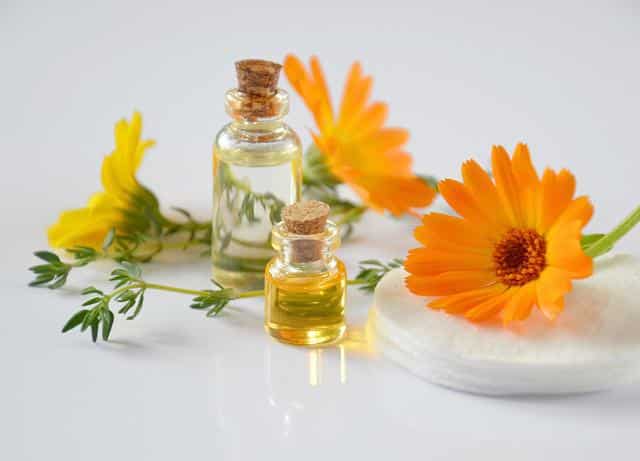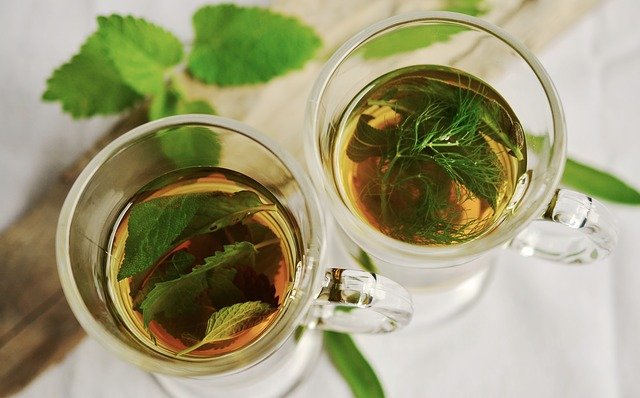
The medicinal use of botany is called herbalism.
The notion of herbalism is used in several ways. The term can be used to refer to the application of botany in the field of medicine .
Herbalism, in this sense, is associated with phytotherapy : the use of plants to prevent, alleviate or cure diseases and other health disorders . It is a natural therapy that uses vegetables to give the patient well-being.
It is important to keep in mind that herbalism can be risky . Even if they are natural, plants can cause poisoning or generate various types of adverse reactions. Furthermore, in certain cases, its effects are unknown, unlike what happens with a medicine controlled by the authorities.
History of herbalism
In any case, man has resorted to herbalism since prehistoric times and numerous plants have demonstrated their beneficial properties to cure various ailments. That is why herbalism is often combined with scientific medicine.
In the beginning, humans came to know the medicinal effects of plants by accident, and this occurred intertwined with certain episodes of poisoning when trying those that they should have avoided. Herbalism is the result of centuries and millennia of wisdom, of contributions from various fields to take advantage of those plant products that offer us benefits without the risk that comes with the consumption of industrial chemicals.
In Iraq, for example, remains of pollen grains that are more than 60 thousand years old were found, and it is believed that they were used for medicinal purposes. We are talking about the era of Homo neanderthalensis , a species that was almost 200 thousand years old at that time and which became extinct about 20 thousand years later. In other words, even these distant ancestors of ours possessed knowledge of herbalism. The first documents that reflect the use of healing plants are much more recent, dating back to three millennia before Christ and were found in the Sumerian region.

Human beings have resorted to herbal medicine since ancient times.
Medicinal plants today
Currently, there is a clear distinction between people who support herbal medicine to treat their illnesses and those who prefer to go to their nearest clinic to be treated by a health professional. Which side is right? Is traditional medicine or the use of plants directly cut from our garden better to cure an illness or soothe pain? The answer, regardless of the endless discussions, lies in each individual.
Detractors of herbalism denounce the lack of control that reigns in the use of medicinal plants and the ease with which homemade recipes are disseminated to treat all types of ailments. Those who oppose academic medicine, on the other hand, claim that the healthcare system is not entirely reliable, as it instils in its patients the fear of contracting serious diseases without being aware of it and thus creates a fate for them. of "addiction" that brings them to the office very frequently.
Herbalist as a store
An herbalist, on the other hand, is a store that sells medicinal plants . In addition, the person who works in this type of establishment is called a herbalist, herbalist or herbalist.
The activity of herbalists is regulated in different ways depending on the country. It may be informal work, with empirical knowledge or knowledge arising from traditional culture, or a controlled trade that requires a certain level of training.
a herbarium
Finally, the idea of herbalist can refer to a herbarium : a collection of dried plants that are preserved and identified with information about the place and date of collection.
These types of collections usually belong to universities, research centers or botanical gardens.
